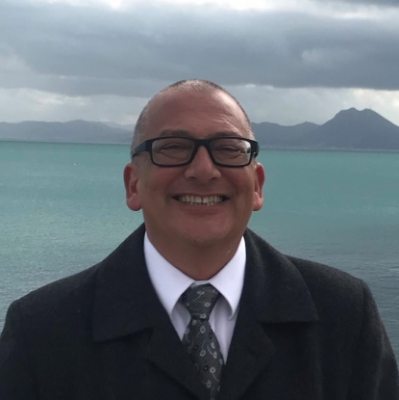Reading With the Greatest Generation: Literacies of Healing
Happy first days of summer from the University of North Carolina at Charlotte! Here in the United States on the last Monday of May, we honor the men and women who died serving in the U.S. armed forces. The tradition began in the years following the U.S. Civil War as “Decoration Day.” In 1971, Memorial Day became a federal holiday. The start of the summer season, for teachers, Memorial Day means that the school year is just about done.
This Memorial Day weekend, I was thinking about the many older professors whose classes I took at the University of Virginia from 1986-1991. I was an undergraduate English major in the College of Arts and Sciences and had heard through the grapevine that they were kinder when it came to grading. Dressed in coats and ties, they brought a formality to their teaching that you can’t easily find nowadays on a U.S. university campus.
Years later, I came to know that many of them shared a common experience. They had all served in World War II. In 1944, Congress passed the G.I. Bill, legislation that included, among other things, funds for military veterans to attend college. When they left for the Pacific and Europe, my professors were young men from humble beginnings and small towns in Virginia, the Carolinas, and Connecticut. They survived the war and went on to study at Harvard, Princeton, and Yale—devoting the rest of their lives to reading and teaching literature.
For example, Irby Cauthen, Jr., a Milton scholar, was awarded a Bronze Star for his valor in North Africa and Italy. I remember him standing tall before us, reading from Paradise Lost, and explaining the intricacies of its metaphors and allusions to Greek mythology and sacred Hebraic texts. One day, he lost his temper when he realized that none of us had completed the reading for the lecture, Christopher Marlowe’s Tamburlaine the Great, Part I. He told us all to go home and not come back until we had finished it.
Edgar F. Shannon, Jr. was a junior gunnery officer aboard the USS Quincy when it sank in the Battle of Savo Island near Guadalcanal. He also received the Bronze Star and later served as president of the University of Virginia from 1959-1974.
Cecil Y. Lang was an Army Air Force officer in the Pacific theatre for four years.
Professors Lang and Shannon went on to coedit the definitive three-volume collection of the letters of Alfred Lord Tennyson.
David Levin was an Army Air Force aerial navigator from 1943-1946. He received his three degrees from Harvard and wrote the first modern biography of Cotton Mather, a New England Puritan clergyman.
There were others whose faces I remember but whose names I have forgotten. They were what we call in the United States “The Greatest Generation."
In K-12 schools, we’ve shifted from reading more than just literature. Instead, children and adolescents are exposed to a range of text types — essays, speeches, opinion pieces, biographies, journalism, and historical and scientific documents. That’s very important. And today, the faculty of the Department of English at the University of Virginia is far more diverse in terms of gender, race, and ethnicity than it was when I was a student in 1986. The list of “great books” has expanded to reflect a broader range of human experiences and the lived experiences of the professors who teach them.
“Old White male professor” is a disparaging moniker these days. But, what I still admire about the men who read to me and for whom I read was their shared belief that within the lines of the Odyssey, a sonnet by Keats, or a Victorian novel, we could locate and grow the humanity compromised by the Holocaust and Hiroshima.
My professors never talked about the war. Their generation had seen it up close in all of its devastation. Reading was a way of piecing themselves and the world back together. That’s why, I think, they read. That’s why they insisted that we read, too.
As we celebrate the end of the school year and the beginning of summer, here’s a parting question:
How can reading heal?

